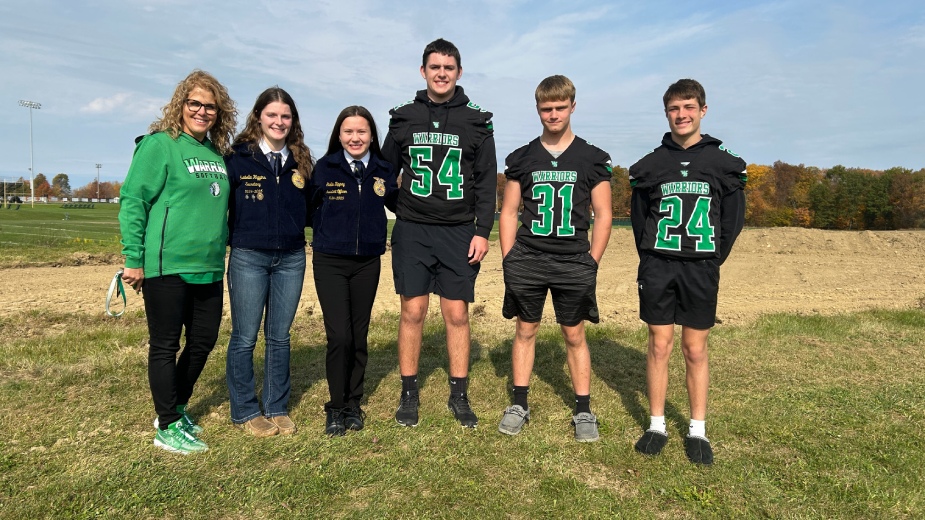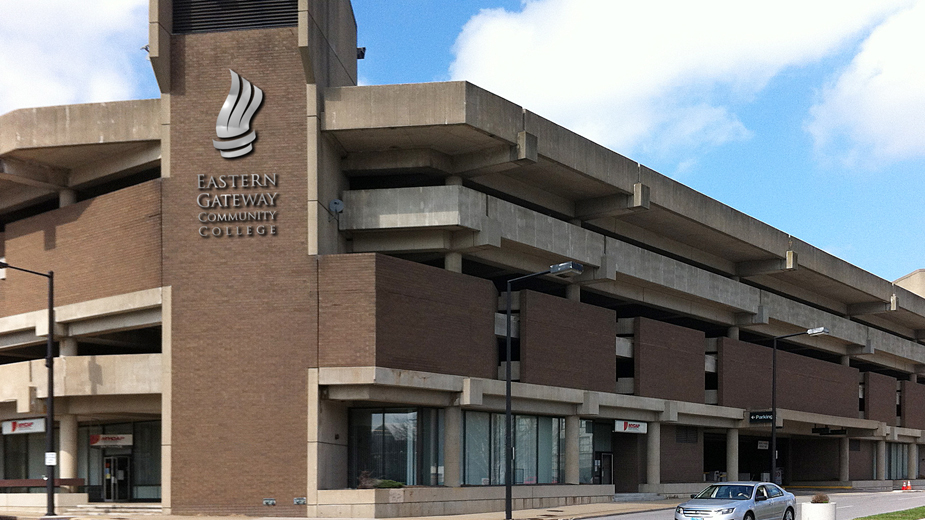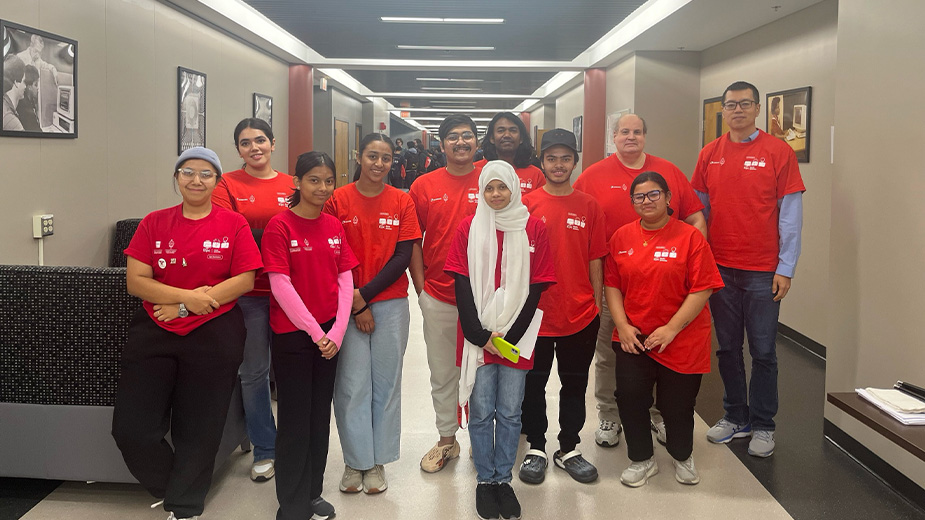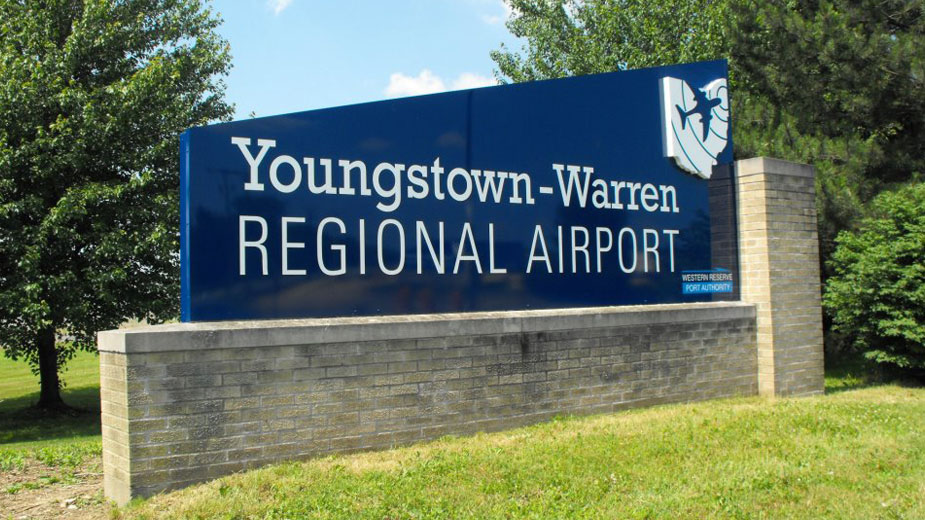West Branch Program Will Feed School Student-Raised Beef
BELOIT, Ohio — By fall 2026, lunches at the West Branch Local School District will include beef from steers raised by its high school students.
The district earlier this year received a $250,000 state career technical grant to add an animal husbandry program at the high school.
“They just broke ground” on the barn that will be constructed, explained Superintendent Micki Egli. “So they’re grading and prepping the site. However, construction won’t begin until next spring and then animals onsite the following fall.”
The district will buy five to 12 steer, weighing 700-800 pounds each.
“The students will then take care of them — food, water, vaccinations, all of that stuff that needs to be done,” the superintendent said.
Once the cattle are fully grown, about 1,400 pounds, the district food service department will buy the animals from the FFA and use the meat in school cafeterias. Where the meat will be harvested will be determined when the project nears completion.
Last year, the district lost its free commodities from the U.S. Department of Agriculture including beef. Egli approached the district’s food services director to get her thoughts on students raising cattle with the meat used for school meals.
“She thought it was a fabulous idea so we wrote a grant and here we are,” Egli said.
What the superintendent calls a living lab will provide experience for high school students as well as an opportunity for younger students to visit for field trips. The meat will be higher quality too, she said.
“And the farm to school movement is a pretty big movement right now, trying to use local procurement and your local farmers, getting your community involved,” she said.
The 40-by-80-foot barn is being built behind the football practice field, behind the high school building. The district received a $40,000 state farm to school grant that paid fencing, gates, feed bins and other tools to keep the animals secure.
Students Isabella Higgins, a junior, and sophomores Stella Zippay, Grady Rockwell, Case Sanor and Owen Bloss, all part of FFA and enrolled in the vocational agriculture class, look forward to raising the animals.
“I started working on my family farm a few years ago and I’ve always had a passion and a heart for animals to begin with,” Isabella said. “So once I started going out there, I really liked cows and horses are my favorite.”
Then she learned about ag class and decided it was right up her alley.
Stella is the fifth-generation on her family’s farm.
“I’m rooted in agriculture,” she said. It’s a grain farm while she and her siblings have raised hogs and chickens for 4H, keeping those animals in the summer months.
“It’s 80 acres of soybeans so I’ve just always had that passion for agriculture because I’ve grown up with it,” Stella said, adding that she wants to go into ag-science education.
Grady has never lived on a farm, but many of his friends do. “I’ve always been at their houses and seen what they do to raise animals,” he said, adding that he’s been curious about it and wanted to experience it for himself.
“I don’t live on a farm so learning how to raise animals just deepens my learning and understanding,” Grady added.
Case grew up on his family’s dairy farm and has been involved in 4H since he was eight. His father took the vocational agriculture class when he was a West Branch High School student.
“He always liked it so I figured I would go ahead,” Case said.
Owen lists similar reasons for enrolling in the class.
“I’ve always been surrounded by farming,” he said. “I grew up on a dairy and grain farm.”
He also learned about the vo-ag class from his father who took it when he was a student.
“I was recommended to do it from him and I’ve just loved it ever since,” Owen said.
Stella said FFA teaches a lot about the farming industry.
“It just really shows how much agriculture really impacts everything in our world,” she said.
FFA members participate in real world experiences with public speaking, livestock judging, soil judging, meat and dairy science.
“There’s just a whole umbrella of everything and you can just go into what you want about it,” Stella offered. “It’s just discovering how much there really is.”
Greg Sharp, who along with Courtney Cooper, teaches vocational agriculture at the school, said the school has 100% enrollment in FFA of students in the class.
“They don’t have to do the things after school, but I would say that close to 80% of our kids do,” Sharp said.
Vo Ag students started hydroponic farming last year, growing basil and different varieties of lettuce inside of tall cylinders, called modules or farms.
“I thought it was just super cool because it’s not outside,” Case said. “You just hook up a massive light and we have a big filter system for our water out there, doing all that. Making sure the PH and all the chemicals are balanced as we’re growing it. And finally harvest time, it’s a pretty cool experience.”
Last year, students harvested lettuce from the hydroponic farms three times. One module or farm can produce 25 pounds of lettuce.
“If all three were harvested at one time, it would be enough for one day in our high school cafeteria,” the superintendent said.
The vo ag class covers the spectrum of the industry.
“They start with animal/plant science, agricultural food and natural resources as freshmen and sophomores,” Sharp said.
Their junior and senior years, students can go into animal husbandry or horticultural botany. Ag business enables them to work an agricultural-related job during part of the school day.
“We also have greenhouse management and last year was floral design,” Sharp said.
He estimates that one in six West Branch students will go through the vo ag program.
Part of the animal husbandry program includes students tracking the amount the cattle eat and developing a cost analysis. The business side is important.
“There aren’t farmers who just farm anymore,” the teacher said. It requires business skills too.
West Branch partnered with United Local Schools on the grant for the animal husbandry program. The schools will share teachers for distance learning courses.
Both Egli and Sharp believe students played a role in the district securing the grant.
Last year, vo ag classes, broken into groups of four, designed the layout for the animal husbandry barn and pasture as a class project. They researched it, calling contractors, mapping it out online and presented their work to the superintendent.
“Mrs. Egli then used that for the grant proposal and since it was student driven, I think it helped us out a lot,” Sharp said.
Egli plans to pursue more grant funding to add to the program including buying more hydroponic modules and a small all-terrain vehicle students can drive between the school and the barn.
“It’s completely relevant to our community because we’re completely agricultural based,” the superintendent said. “That’s what we have….Agriculture is the backbone of our community.”
Pictured at top: West Branch Local School District Superintendent Micki Egli and students Isabella Higgins, Stella Zippay, Grady Rockwell, Owen Bloss and Case Sanor stand behind the high school where grading is underway to build an animal husbandry barn, beginning this spring.
Copyright 2024 The Business Journal, Youngstown, Ohio.



